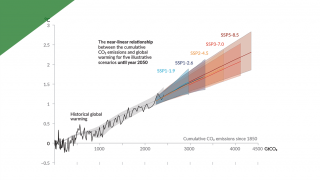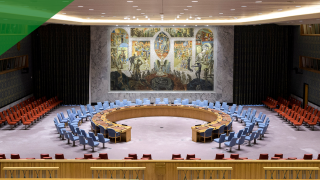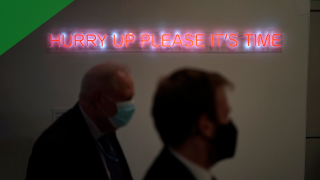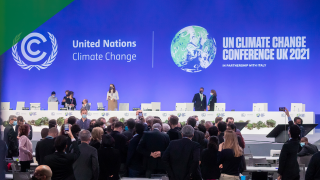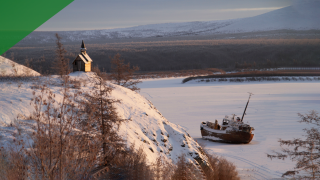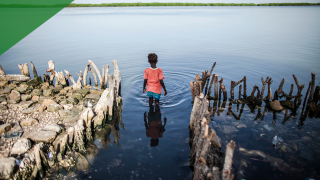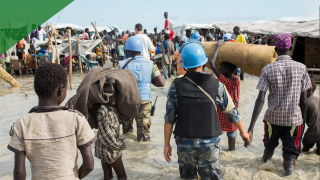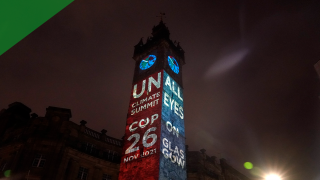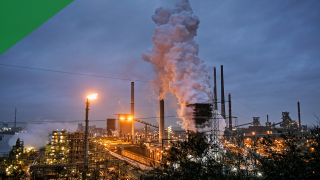Noemi Florea has compiled some key data visualizations from 2021 for the Global Observatory that highlight progress on climate change, from expanded research on the global environment to emerging developments for climate adaptation.
Tag: climate change
-
-
The ways forward are clear. If they are taken, Security Council leadership on addressing climate-related security risks—underpinned by a thematic resolution—is still in prospect.
-
90 percent of the world’s 1.8 billion youth live in developing or conflict-affected countries where climate change is a serious “risk multiplier” for peace and sustainable development.
-
There are five key elements to watch over the coming year as countries move forward on their climate promises.
-
In the wake of COP26, there is a need to examine the current structures and dynamics of global climate governance.
-
Permafrost thaw presents a major challenge to Arctic communities and ecosystems and has enormous potential to accelerate climate change and its global impacts.
-
The tendency to focus on climate displacement has obscured an equally important question: why people don’t move.
-
How we choose to adapt to and mitigate climate change can either cause harm, including potentially triggering conflict, or it can contribute to sustaining peace.
-
The political leadership of the world’s most powerful, polluting states should seize the opportunity to act on their promises today, not only accelerating their action on climate, but seeing the value of the proposals in the secretary-general’s Our Common Agenda initiative.
-
Scientists have a clear picture of how badly off-track the world is with tackling the climate crisis. But the complexities concerning sources and carbon sinks make it easy for governments and corporations to obfuscate their real contributions to climate change.
